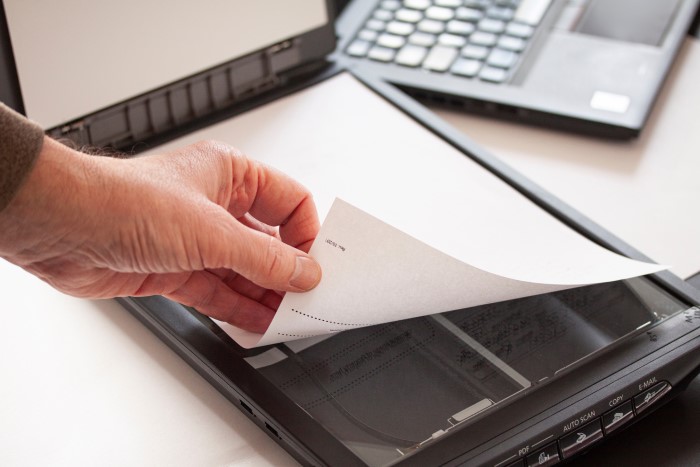After a year-long battle, Uber finally settled two class-action lawsuits brought by drivers in Massachusetts and California. The companies agreed to create a Settlement Fund and modify certain business practices. Qualifying drivers can now submit claims and exclude themselves from the settlement. The United States District Court for the Northern District of California authorized the notice and has scheduled a hearing for May 8. This is the largest settlement in the company’s history, and it should provide relief for both drivers and consumers.
The settlement included a settlement that would pay $1 million in state penalties and up to $1000 per driver.
The two lawsuits were filed by drivers who were unhappy with Uber’s performance and abused its terms. The settlement would not solve the legal question at the core of the claims. It will however address the concerns of current and former drivers who worked for Uber more than 30 hours per week. It is important to note that the settlement only covers certain drivers and does not resolve the central question at the heart of the suit.
In addition to paying a settlement, Uber has already implemented several non-monetary concessions, such as a deactivation policy for drivers. While these are significant steps, they are not enough to solve this underlying problem. As a $62.5 billion company, the company will probably never make major changes without a settlement. A settlement is unlikely to do much for the company, but it could help it survive the litigation and become more profitable.
If the Settlement is thrown out, Uber may lose the case.
Uber must avoid this outcome. Nonetheless, the drivers should not give up hope. Their lawyers have successfully negotiated the best possible settlement for them, and they will fight any objections that the company may raise. With this strategy, they could have secured a hefty compensation. However, they risk losing the settlement because they were forced to settle with a company that was not transparent about its compensation practices.
The settlement has several key provisions, including payment of 37 cents per mile to drivers. The settlement also calls for the company to better explain its deactivation policy to drivers, implement an appeals process, and offer help to drivers who have been terminated by Uber. Even though this is an agreement, the settlement will not necessarily resolve all of the claims in the case. If the company does, they will be required to change the terms of the contract.
In 2016, Uber almost settled.
The company agreed to pay $452 million to four hundred thousand drivers or $82 per driver. This is a far cry from the previous $1 billion is paid out to the Class A drivers. The settlement does not address the other allegations, but it does give some relief for the drivers. The case is still in its early stages and the company may lose another one, but the settlement will not be finalized until the case has been resolved.
While Uber has been able to settle with its drivers, it is still a long way to go. Judge Chen’s ruling will ultimately decide whether Uber will pay its customers more money or not. The settlement is an important step for Uber. It is an opportunity for the drivers to get what they deserve. The company’s new policies will provide them with a much-needed cash boost. The new policy changes will also satisfy the court’s ruling.
While the settlement only affects drivers in Massachusetts and California, the non-monetary concessions apply to all Uber drivers.
In addition to the cash, the new policy also includes an appeals process. If Uber cannot settle with the plaintiffs, they may choose to sue the company for the entire settlement. There are also non-monetary changes in the terms and conditions. It will be worth observing whether this deal will affect the future of both parties.
The settlement includes the terms and conditions for the driver’s compensation. In addition to the 37 cents per mile settlement, the drivers will also receive a severance payment for being deactivated. The settlement also stipulates that Uber will create a more transparent and accessible deactivation policy and will make it easier for drivers to get back on the platform. If the lawsuit is successful, drivers will be required to pursue individual arbitration, which is another way to ensure that they are receiving the best settlement possible.



